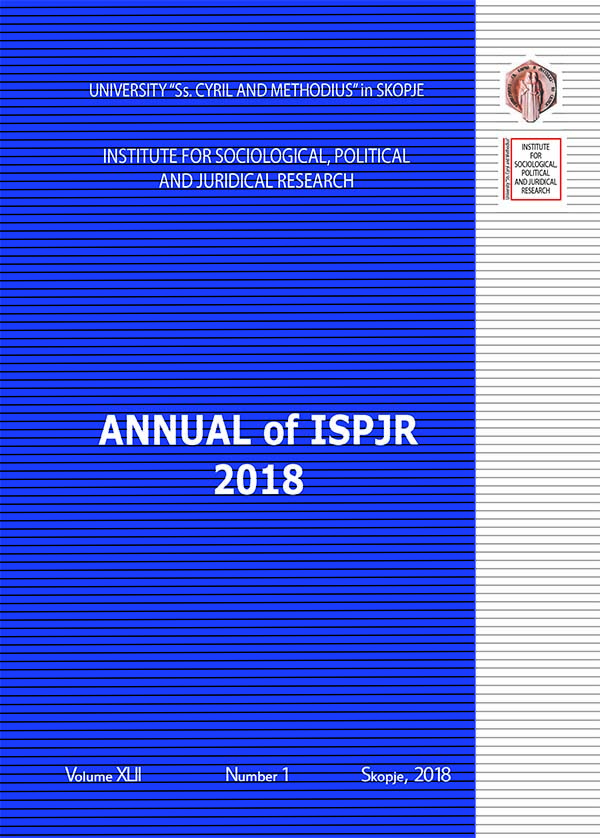FREEDOM OF SPEECH VERSUS CENSORSHIP: EMPIRICAL LANDSCAPE
FREEDOM OF SPEECH VERSUS CENSORSHIP: EMPIRICAL LANDSCAPE
Author(s): Klime BabunskiSubject(s): Media studies, International Law, Government/Political systems, Politics and communication, Theory of Communication
Published by: Институт за социолошки и политичко-правни истражувања
Keywords: freedom of speech; censorship; public opinion; media;
Summary/Abstract: It can be said that when “freedom of speech and thought” acquires “the right to citizenship,” then the history of democratic societies begins. Since the second half of the 20th century, freedom of speech and thought has not only become one of the compulsory categories in national legal systems, but it also has taken a central place in international law. The primacy of freedom of speech is inviolable, while censorship - the largest extent of non-freedom - is unconditionally excluded. This right has multiple and multidimensional nature; hence today, in order to be practiced, this right “covers” a whole series of laws, which enable or guarantee the right to free speech and thought. As freedom of speech and thought is not unrestricted freedom the most important is that the limitations are based on laws and are necessary in democratic society. The level of democracy in any society is not depending only from the formal institutional infrastructure, but also how the freedom of speech is assessed from informal institutions, like the public. The paper analyses research data for different elements of freedom of speech. Such approach provide much broader understanding of the potency of democratic practices of the institutions and citizens of the Republic of Macedonia.
Journal: Annual of the Institute for Sociological, Political and Juridical Research
- Issue Year: XLII/2018
- Issue No: 1
- Page Range: 97-106
- Page Count: 10
- Language: English

